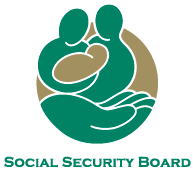Appeal
WHAT IS THE SOCIAL SECURITY APPEAL TRIBUNAL
The Social Security Appeal Tribunal is a 3 member panel which convenes to hear appeals against decisions of the Social Security Board regarding claims for benefits.
The 3 member panel of the Appeal Tribunal consists of:
A Notice of Appeal must be submitted in writing to the Social Security Board. The notice can be made by filling out an appeal form, known as an AP.1 or by writing a letter to the CEO of the Social Security Board. Regardless of the form, the notice of appeal should state clearly:
Appeals can be submitted to any Social Security office, or sent by mail to the Headquarters in Belmopan. Appeals must be received by the Social Security Board within 21 days of the date of the decision being appealed. Click here to download Appeals form (A.P.1)
The Social Security Board will notify Appellants (the persons appealing) that their appeal notices have been received; and of the date, place and time of the appeal hearing. The appeal will be scheduled for a hearing according to the order in which it was received. Persons appealing may send a competent representative (someone who is knowledgeable of the case) to represent them at the hearing. Anyone can be a representative, not just a lawyer, but the representative must have written authority signed by the Appellant, authorizing him or her to act on behalf of the Appellant.
Appellants must inform the Social Security Board in advance if they are unable to attend the scheduled hearing. Appeal hearings may be rescheduled if requested beforehand. Appellants and/or their representative are expected to arrive at the hearings on time. If an Appellant does not attend a hearing or send a representative, his or her appeal may be considered in his or her absence, or the appeal may be dismissed.
Appeal hearings are private. The Appellant and/or his/her representative will be asked to explain why he or she disagrees with the decision of the Social Security Board. The Appeal Tribunal panel members may ask questions to clarify their understanding of the appeal. Representatives of the Social Security Board will be present to defend the decision. Witnesses may be called by the Appellant or by the SSB representative, and both sides have the right to question witnesses of the other side. The Appeal Tribunal panel members may request additional information from the Appellant or from the Social Security Board.
After both sides complete their statements, the Tribunal will deliberate. The Tribunal may conclude that the decision of Social Security Board was indeed correct and uphold it; or it may decide that the decision was not correct, and reverse it; or it may modify the decision. The Tribunal may or may not notify the Appellant of its decision at the conclusion of the hearing. Usually, the Tribunal submits its decision to the clerk of the Appeal Tribunal, who sends a written record of the decision to the appellant or his/her representative. If the Appeal Tribunal reversed or modified the decision of the Social Security Board, the Appellant should return to the SSB branch office where the decision was made, for information as to any change in his/her entitlement to the benefit.
Decisions of the Appeal Tribunal are generally final, but either party may appeal an Appeal Tribunal decision to the Supreme Court if the appeal raises a substantial question of law. Appeals to the Supreme Court must be lodged within 21 days after the date of the decision.

